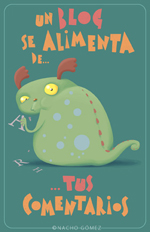[The Captain of the Star of the Sea, a vessel, writes:]
Tonight I had necessity to punish one of the men, Joseph Cartigan of Liverpool, who had been importuning some of the women in steerage and making shameful suggestions by which he meant to gain advantage from their present unhappy state. Apparently he had been offering food in return. I do not like at all to punish the men, but they know I will not have decent girls ruined on my ship. Summoning him to my quarters, I asked if he had a mother; anod how would he care for her to be translated to a whore? He said she was one already, the busiest in Liverpool. (I swear his ears quite wriggle with insolence.)
Chaucer asserts, in his Prologue of the Reeve: ‘Til we be roten kan we not be rype.’ If that be the case, then this Mersey-mud placket-hound is so ripe as to be practically intoxicating.
His appeal was that he had attemted nothing save what was natural, given the length of the voyage & cetera. At that I ordered the wretch’s rations halved for three days, the moiety to be given to some poor girl in steerage. I have oftentimes observed the veracity of the late Admrl. Wm. Bligh’s remark (first captain under whom I myself served as a boy, on the charting and fathoming of Dublin Bay) that when a man claims in mitigation that his actions be ‘natural’ he is invariably behaving much worse than a beast, without exception to one much weaker than himself.
Joseph O’Connor
Star of the Sea
Harvest, 2004
Pages 153-4





























































































No hay comentarios.:
Publicar un comentario